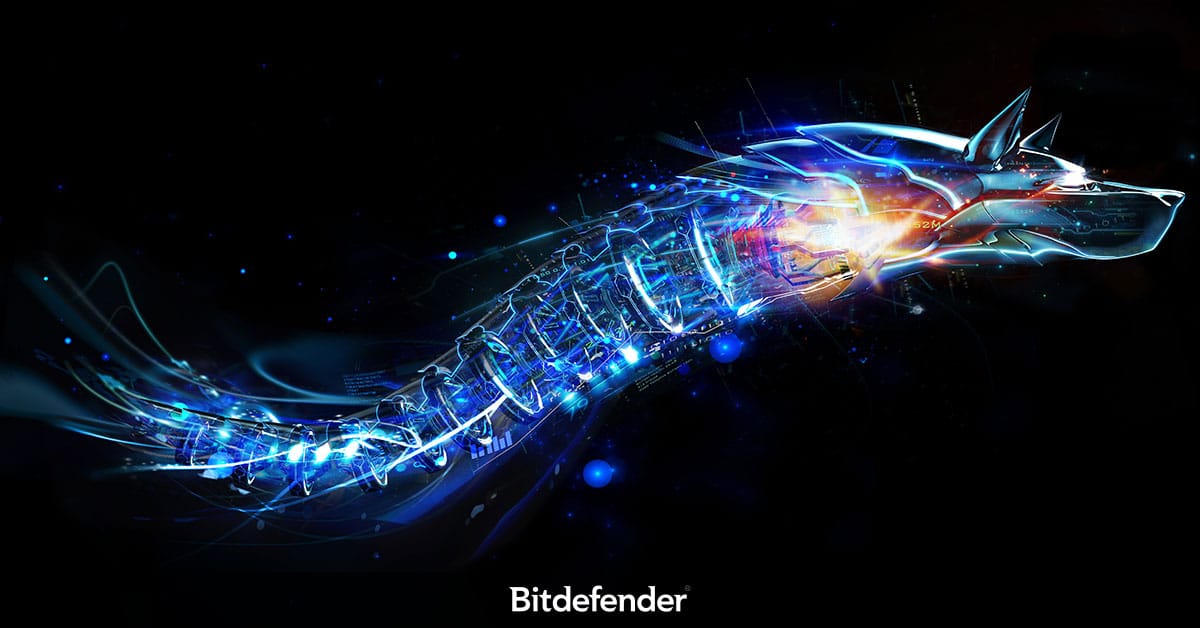andyp
Member
- Local time
- 10:36 AM
- Posts
- 6
- OS
- Windows 11
Hi,
I'm having frequent BSOD on a Dell Precision 7730 with Windows 11 Professional and latest updates.
Happening mostly when user is away.
Had one BSOD for asmtxhci.sys which seems to be related to ASMedia USB3.0 eXtensible Host Controller. There is no newer driver.
V2 log collector failed so I had to use
Please see screenshots, log and dmp files in:
Hope someone can help.
Best regards
Andy
I'm having frequent BSOD on a Dell Precision 7730 with Windows 11 Professional and latest updates.
Happening mostly when user is away.
Had one BSOD for asmtxhci.sys which seems to be related to ASMedia USB3.0 eXtensible Host Controller. There is no newer driver.
V2 log collector failed so I had to use
Please see screenshots, log and dmp files in:
Hope someone can help.
Best regards
Andy
- Windows Build/Version
- Windows 11 latest
My Computer
System One
-
- OS
- Windows 11










